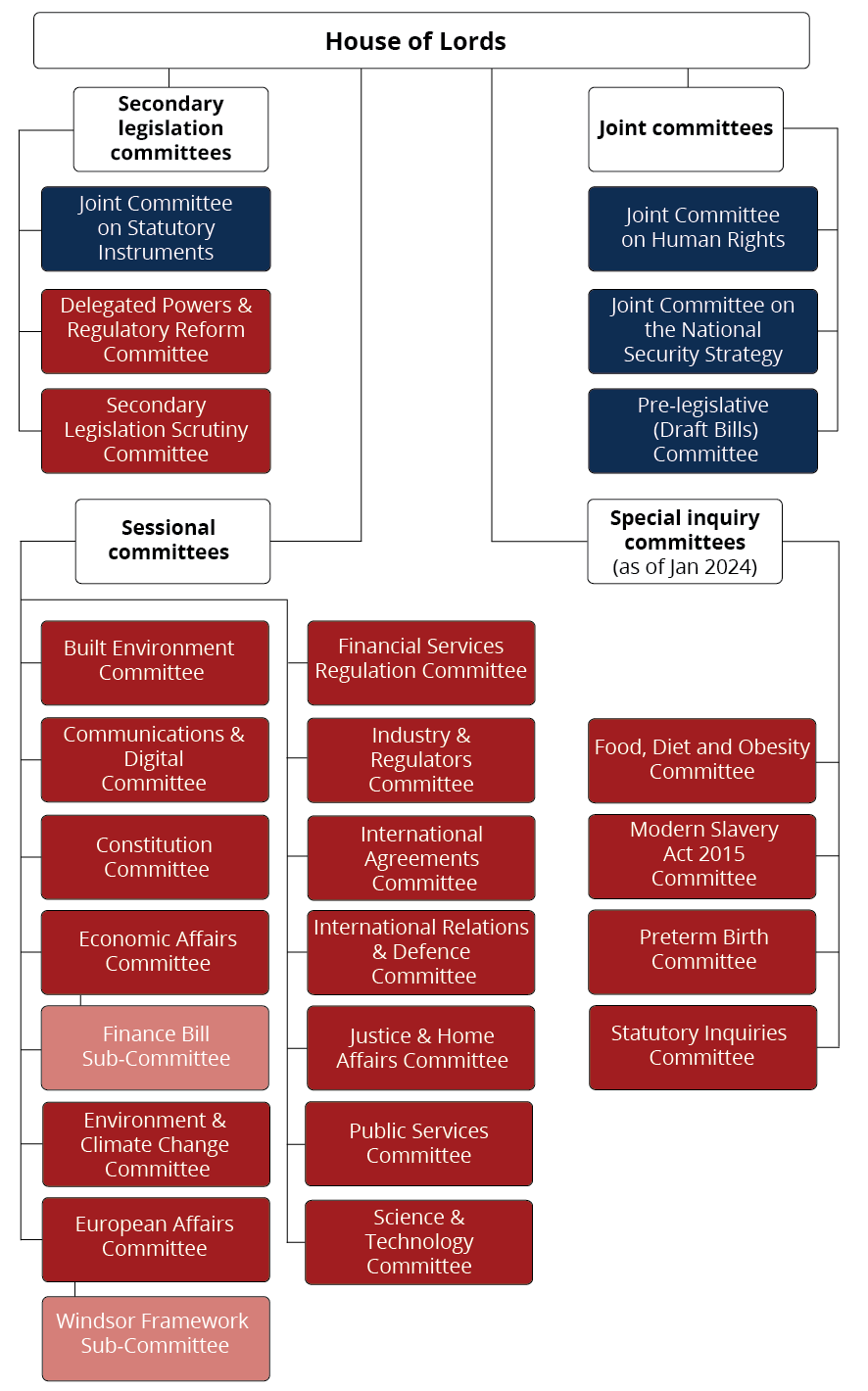What did Lords Select Committees do in 2023/24?
A review of our committee activity
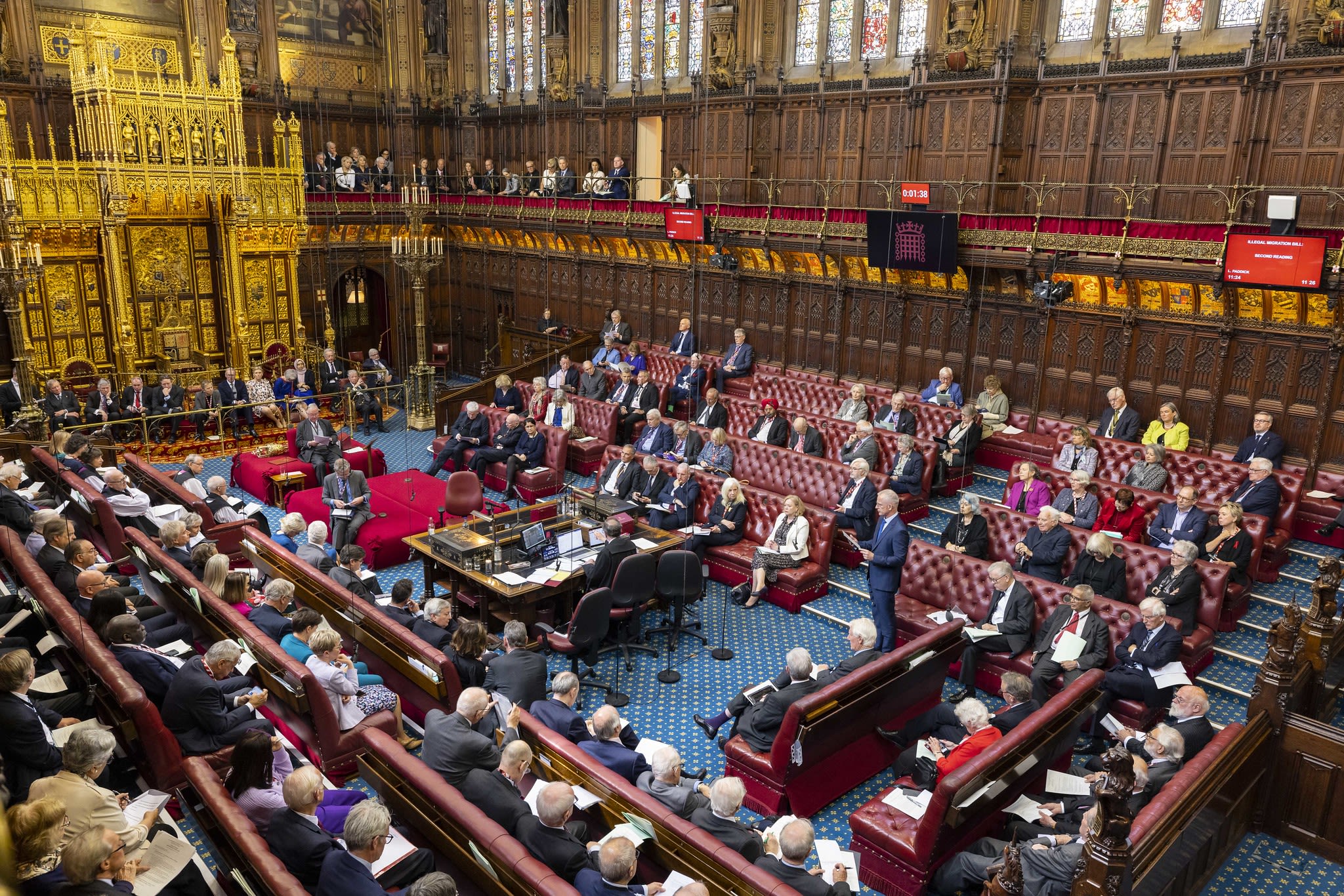
An essential role
House of Lords Committees are an essential part of the second Chamber’s role.
They examine and help develop public policy, scrutinise and improve legislation, hold the Government to account, promote public debate on key issues and engage with the public and civil society.
Each year, the House of Lords Liaison Committee publishes an overview of the work carried out by Lords investigative and scrutiny committees.
This year's review found that committees had:
- held 603 committee meetings
- heard from 1065 witnesses
- received 1780 written submissions; and
- published 57 reports.
Committees structure
The current committee structure is as follows:
The House also appointed a new sessional committee this year, the Financial Services Regulation Committee. The Committee launched its first inquiry in May 2024, focusing on the Financial Conduct Authority and the Prudential Regulation Authority’s secondary competitiveness and growth objective.
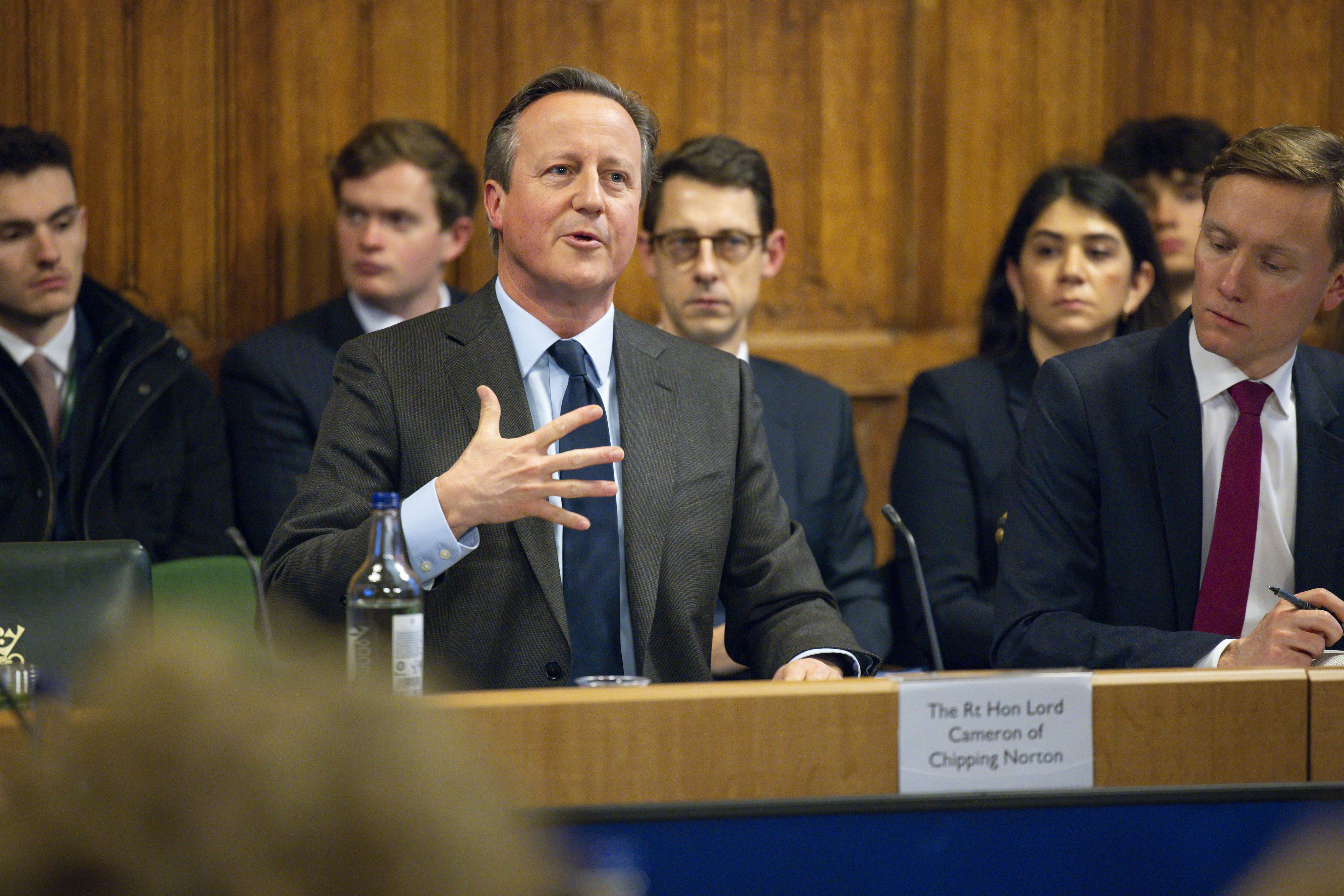
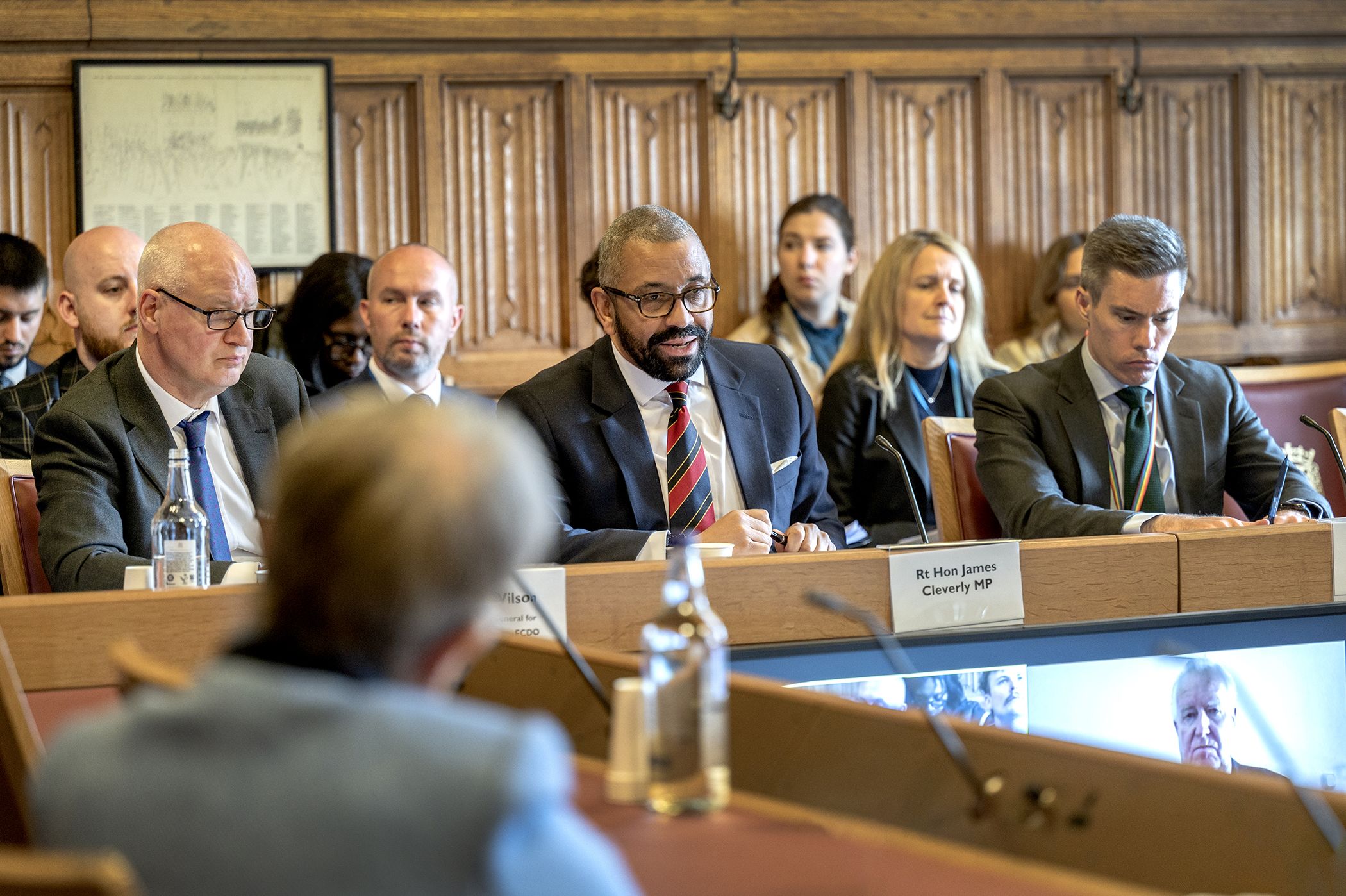
Sessional committees
The House of Lords has permanent committees, known as sessional committees with broad remits that are not time limited. Sessional committees examine a wide range of policies and proposed laws across both short, focused inquiries or long-term, expansive investigations.
Earlier this year the International Agreements Committee recommended that the Government not ratify the UK-Rwanda Agreement on Asylum Partnership until Parliament was satisfied that the protections it provided has been fully implemented. The House subsequently passed a motion under section 20 of the Constitutional Reform and Governance Act 2010 (CRAG) endorsing the Committee’s recommendations.
Several other sessional committees have an international focus to their work. Last year the International Relations and Defence Committee conducted an inquiry into the UK’s security, diplomatic and economic interests in the Arctic and its current inquiry focuses on the implications of the war in Ukraine for UK Defence.
Earlier this year the European Affairs Committee concluded its inquiry into the impact of Russia’s invasion of Ukraine on the UK-EU relationship. The Committee called for the UK and EU to continue support for Ukraine and sanctions on Russia, and the Government agreed with the majority of the Committee's conclusions and recommendations in its response.
In September 2023 the Information Commissioner’s Office published guidance for sharing information to safeguard children, which resulted from continued engagement by the Public Services Committee through both public and private evidence sessions.
In February 2024, the Government announced it would give local planning authorities the choice over whether to require planning permission for the creation of a new short-term let, in line with recommendations from the Built Environment Committee as part of its work on short-term lettings.
Also in February 2024, the Communications and Digital Committee published a report on Large language models and generative AI. In response, the Government confirmed it would take action on a number of recommendations including support for AI start-ups and university spinouts, safety tests, accredited standards, and new transparency measures relating to copyrighted data.
The Industry and Regulators Committee continued its scrutiny of major regulators, including producing a critical report on the Office for Students, and work on water regulation and the regulation of property agents.
Sessional committees often also conduct annual evidence sessions with key stakeholders, such as the Constitution Committee’s annual sessions with the Lord Chief Justice, the President and Deputy President of the Supreme Court and the Lord Chancellor.
The Economic Affairs Committee held scrutiny sessions with the Governor of the Bank of England and with the Chancellor of the Exchequer.
Committees may also hold one-off evidence sessions on areas of interest such as the Science and Technology Committee session on university spin-out companies and the Environment and Climate Change Committee meeting with Lord Deben, the former Chair of the Climate Change Committee.
The European Affairs Committee held a session with the Foreign Secretary, Lord Cameron of Chipping Norton.
The Lords secondary legislation committees have also had another busy year with the Delegated Powers and Regulatory Reform Committee publishing 28 reports, the Joint Committee on Statutory Instruments publishing 33 reports and the Secondary Legislation Scrutiny Committee publishing 40 reports.
Special inquiry committees
Every year Members of the House submit proposals for special inquiry committees. These committees are fixed term and are appointed to fulfil a focused remit. In the past year, committees on AI in Weapon Systems, Education for 11–16 Year Olds, the Horticultural Sector and the Integration of Primary and Community Care have concluded their inquiries.
The Government accepted most of the recommendations of the AI in Weapon Systems Committee, which included recommendations to:
- consistently embed human control throughout all stages of an Autonomous Weapon Systems' (AWS) lifecycle
- ensure that AWS operators are provided with the training needed to ensure they have technical knowledge of the systems, so if system decisions need to be overridden they have the confidence and capacity to do this
- increase the transparency of the AI Ethics Advisory Panel, including the publication of an annual transparency report, and expand its remit to review the practical application of ethical principles in armed conflict.
The current special inquiry committees for 2024 are focusing on:
- Food, Diet and Obesity
- Modern Slavery Act 2015
- Preterm birth
- Statutory inquiries
Special inquiry committees end upon publication of their reports and consequently the Liaison Committee carries out follow-up work.
This year the Liaison Committee completed follow-up on the Regenerating Seaside Towns and Communities Committee.
The Liaison Committee has also written follow-up letters to Ministers on committees including:
- The Bribery Act 2010
- Food, Poverty, Health and the Environment
- Intergenerational Fairness and Provision
- Democracy and Digital Technology
- Risk Assessment and Risk Planning
- Youth Unemployment.
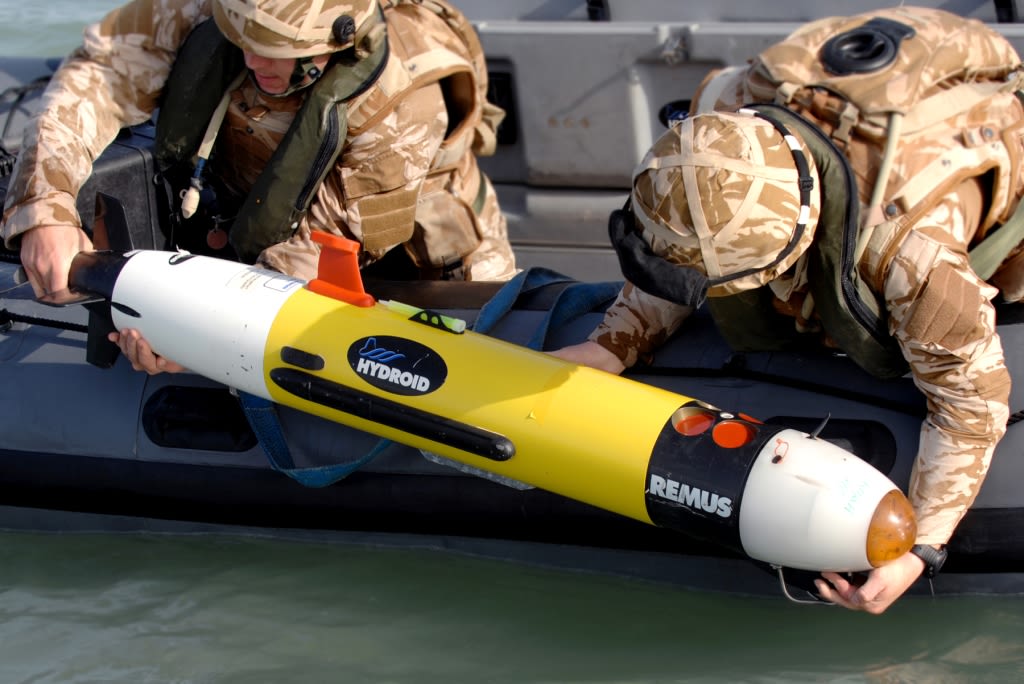

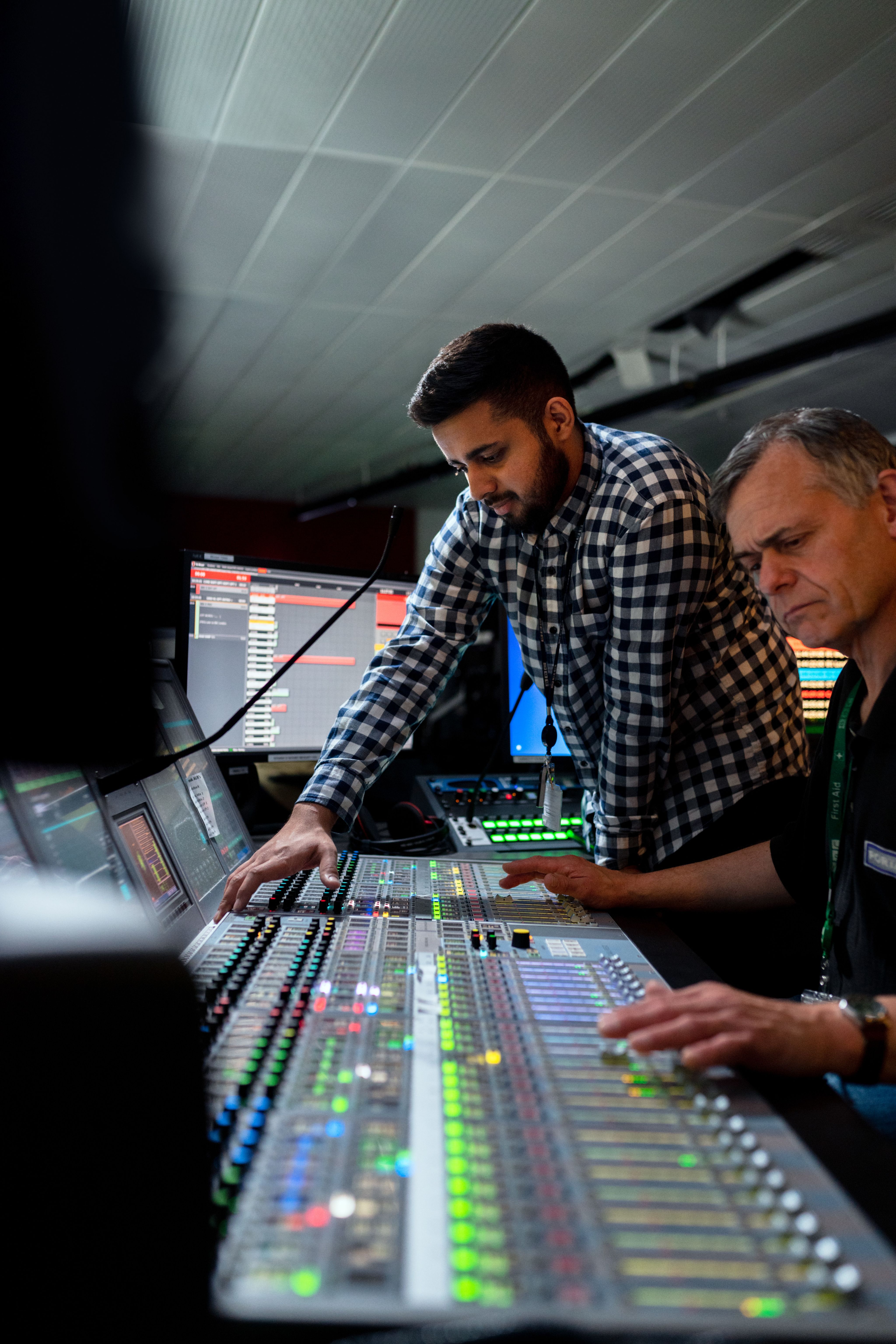
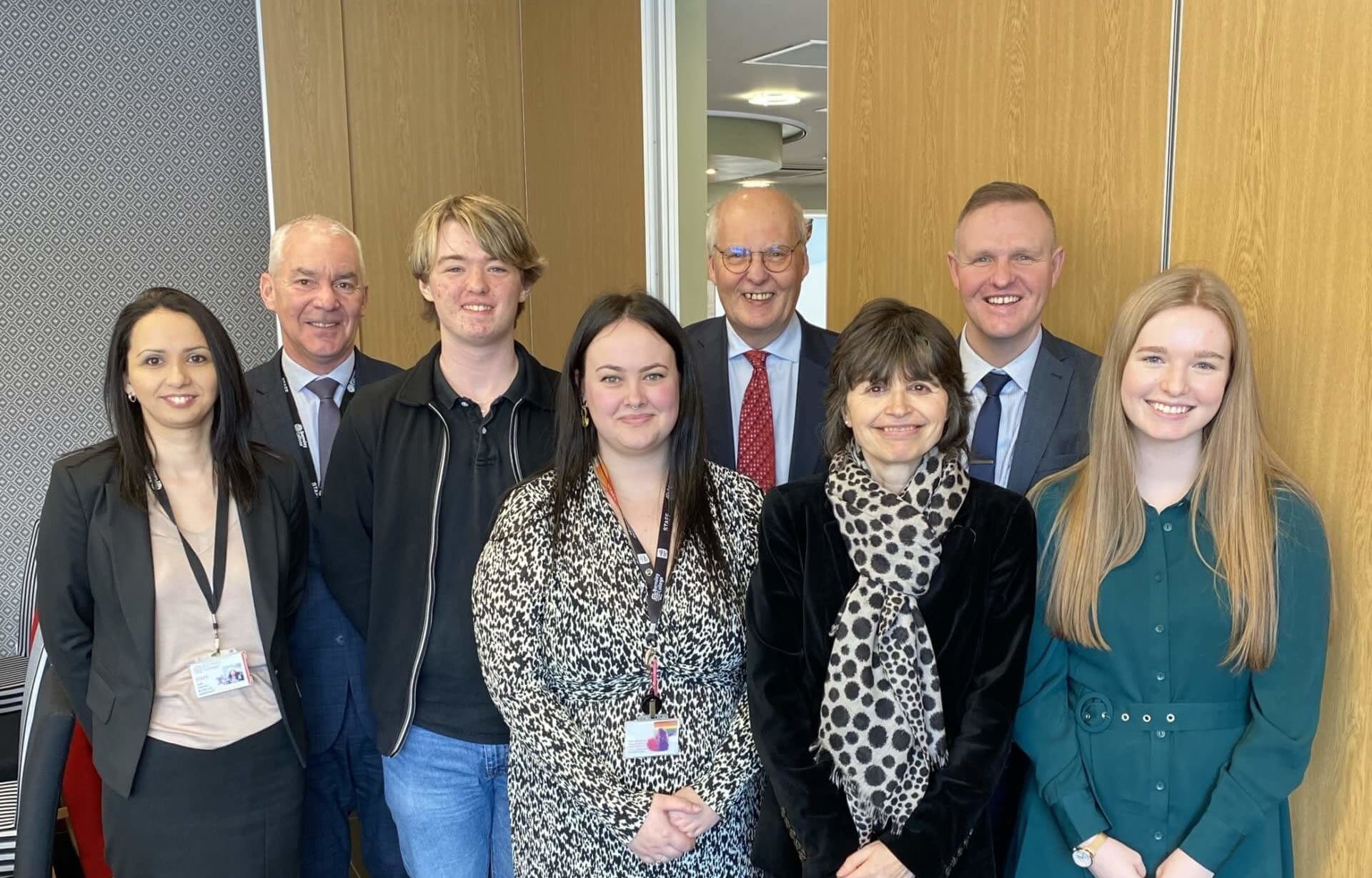
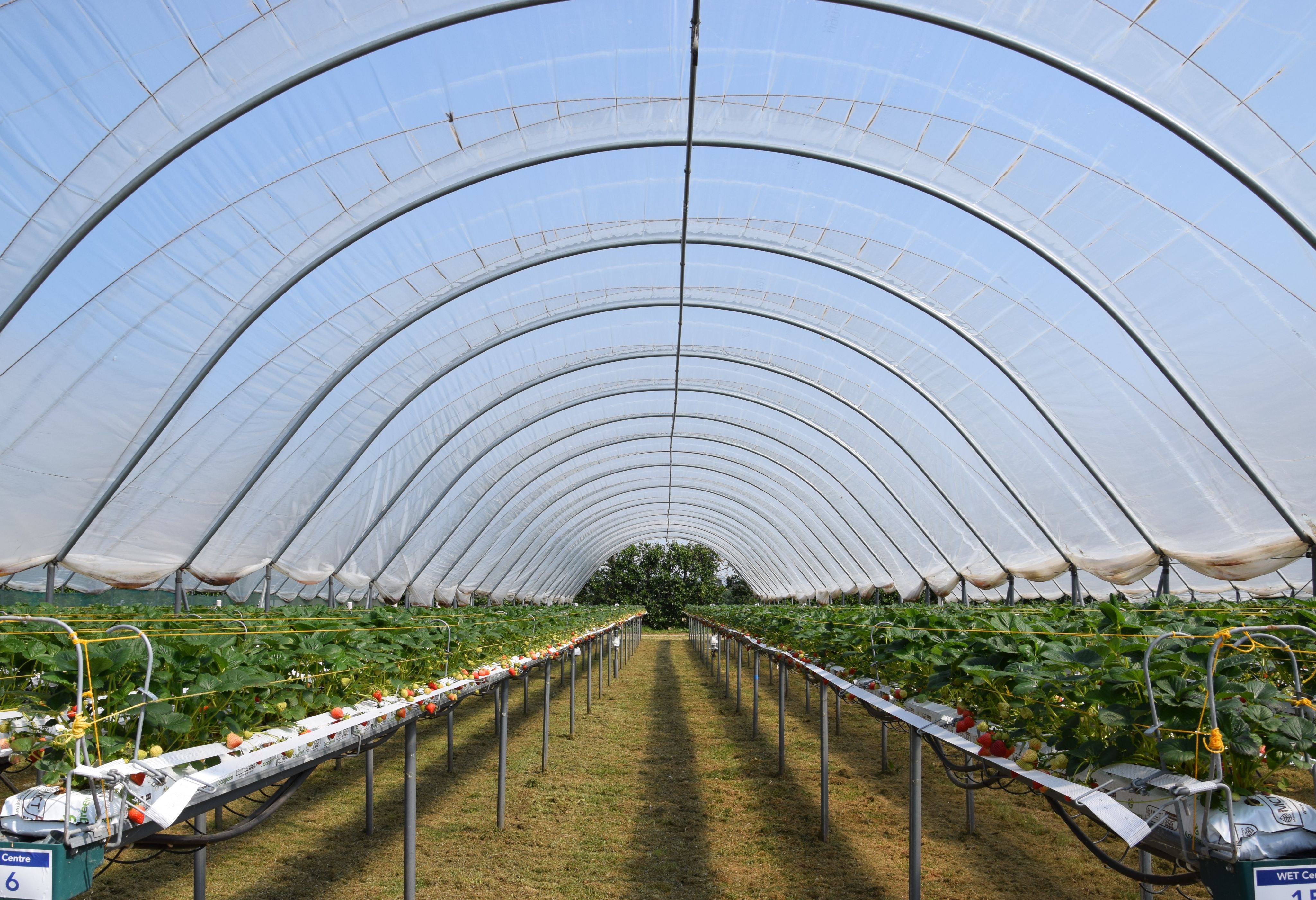
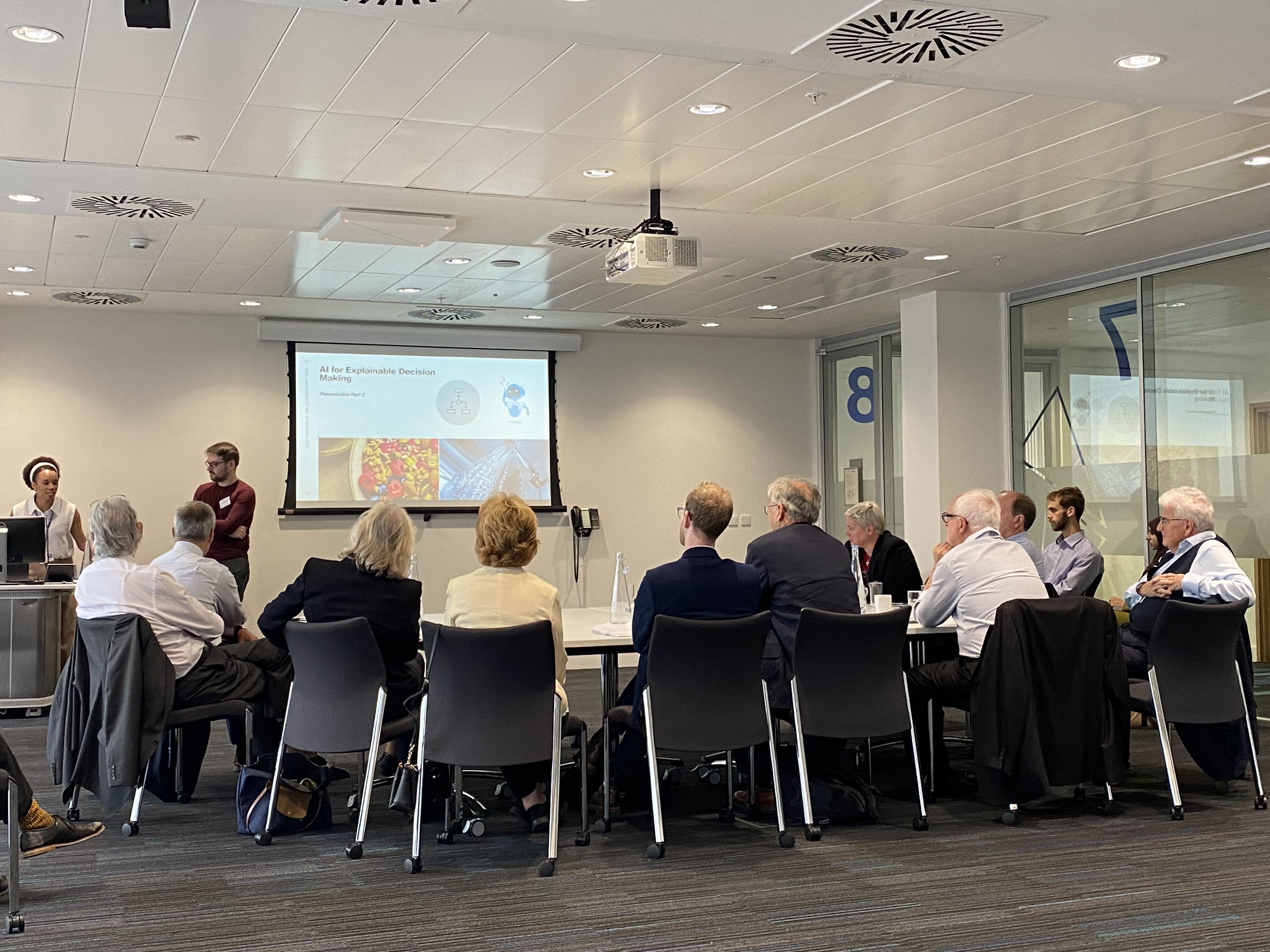
Visits, both across the UK and around the world, continue to form an essential part of committee work, enabling members to hear directly from experts and those with lived experience.
This includes visits to Rwanda by the Joint Committee on Human Rights to see the processing and housing facilities for asylum seekers; the Windsor Framework Sub-Committee visit to Belfast to participate in a roundtable for agri-food and veterinary stakeholders; and the Horticultural Sector Committee visits to the Chelsea Flower Show, horticultural firms in Kent and the Netherlands.
Gathering evidence
Committees use a range of methods to hear evidence and contribute to public debate on key issues.
The Environment and Climate Change Committee has continued its pioneering Youth Engagement Programme, inviting a second cohort of sixth-form students from across the UK to participate in the electric vehicles inquiry, which included visits to Parliament and a range of engagement activities. The Committee is due to launch its third round of this programme in September 2024.
BBC Radio 4’s Gardeners’ Question Time was hosted by the Horticultural Sector Committee in the Palace of Westminster, inviting over 100 guests to hear from four expert panellists. The programme was subsequently broadcast in November 2023 coinciding with the publication of the Committee’s report.
The Integration of Primary and Community Care Committee held a private roundtable event where over 20 healthcare workers and patients from across the UK shared their experience of providing and receiving joined-up NHS care.
The AI in Weapon Systems Committee visited the University of Strathclyde and PhD students and post-doctoral researchers had the opportunity to present their redesign of an autonomous weapon to Members.
Other committees have been able to utilise collaborative working as part of their work, whether cross-parliamentary or with the devolved administrations.
The International Relations and Defence Committee worked with the House of Commons’ Environmental Audit Sub-Committee on Polar Research to host an online roundtable with Arctic indigenous peoples to understand how indigenous communities are affected by a fast-changing Arctic.
The Justice and Home Affairs Committee held a bi-lateral meeting with Welsh Ministers to discuss the committees’ work on new technologies in the justice system, including Live Facial Recognition Technology.
